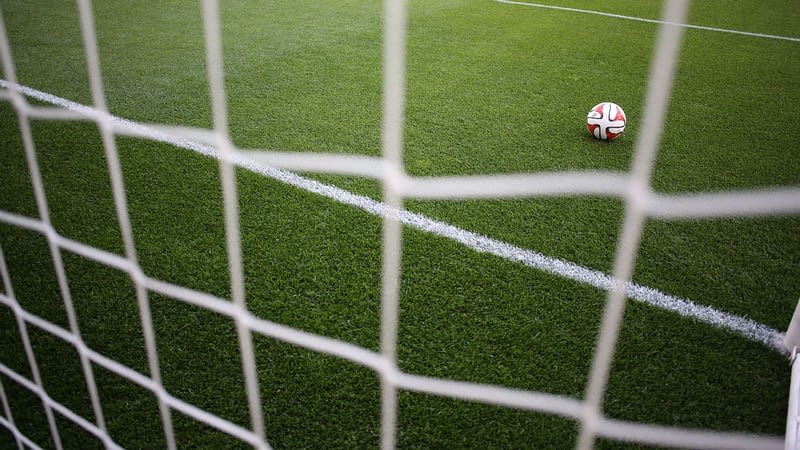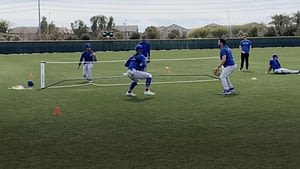Tragedy Strikes: Guinea Soccer Match Ends in Chaos and Loss
What should have been a celebration of sport turned into a nightmare in southeast Guinea, as a controversial refereeing decision led to violence and a deadly crush at a soccer match. According to the government, 56 people lost their lives in the chaos, with many more injured. The tragedy unfolded during the final of a tournament held in honor of Guinea’s military leader, Mamady Doumbouya, at a stadium in Nzerekore, one of the largest cities in the West African nation.
The government has called the death toll “provisional” and promised a full investigation into the incident. But for those who were there, the horror of the event is already seared into their memories. Witnesses described scenes of panic and confusion, with fans scrambling to escape as violence erupted in the stands.
What Sparked the Violence?
According to eyewitness accounts, the chaos began in the 82nd minute of the match when a disputed red card was issued. Fans, enraged by the decision, began throwing stones, which only escalated the situation. “The stone throwing started and the police joined in, firing tear gas,” said Amara Conde, a witness who spoke to Reuters by phone. “In the rush and scramble that followed, I saw people fall to the ground, girls and children trampled underfoot. It was horrible.”
The panic led to a crush at the stadium exits as the crowd rushed to leave. A police source confirmed that the dangerous bottleneck at the exits contributed to the high number of fatalities. A video authenticated by Reuters showed dozens of people climbing over high walls in a desperate attempt to escape the chaos.
Scenes of Heartbreak
In the aftermath, the scenes were nothing short of heartbreaking. Videos and photos shared online showed victims lined up on the ground, many of them children. In one particularly harrowing video, over a dozen lifeless bodies could be seen. Parents were reportedly retrieving the bodies of their loved ones before they could even be officially counted, according to an anonymous official from the city’s administration.
Ousted President Alpha Conde weighed in on the tragedy, criticizing the organization of the event. “In a context where the country is already marked by tensions and restrictions, this tragedy highlights the dangers of irresponsible organization,” Conde said in a statement. His comments reflect the broader unease in Guinea, where political tensions have been simmering since Doumbouya seized power in a 2021 coup.
Political Backdrop and Broken Promises
The tournament was meant to bolster support for Doumbouya, but it has instead drawn criticism from opposition groups. The National Alliance for Change and Democracy accused authorities of using the event for political gain, in violation of a transition charter that was supposed to pave the way for a presidential election. The military junta had promised a two-year transition to elections starting in 2022, but little progress has been made, fueling public frustration and occasional deadly protests.
On Monday, Human Rights Watch released a report accusing the junta of cracking down on opposition, media, and peaceful dissent. The report also highlighted the use of excessive force by security forces, including tear gas and gunfire, against protesters. The junta has yet to respond to these allegations.
Soccer’s Troubled History with Stadium Disasters
Unfortunately, this tragedy is not an isolated incident in the world of soccer. Over the years, there have been numerous deadly disasters in stadiums, often caused by overcrowding and poor safety measures. The Confederation of African Football, in collaboration with FIFA, has been working to address these issues, but incidents like this highlight how much work remains to be done.
Key Takeaways
- Death Toll: 56 people killed, with many more injured.
- Trigger: A disputed red card in the 82nd minute led to violence and panic.
- Victims: Many of the victims were minors, caught in the chaos as tear gas was fired.
- Political Context: The tragedy occurred against a backdrop of political tension and broken promises for elections.
As the investigation unfolds, the people of Guinea are left grappling with the devastating loss of life and the questions it raises about safety, accountability, and the role of politics in sports. For now, the focus must remain on supporting the victims and their families, while ensuring that such a tragedy never happens again.
Originally Written by: Staff





















